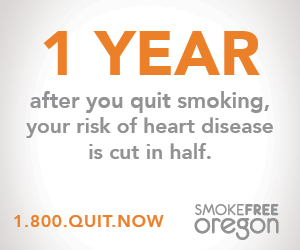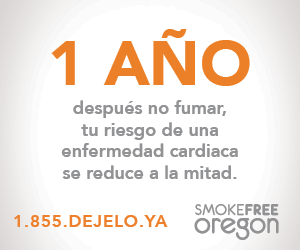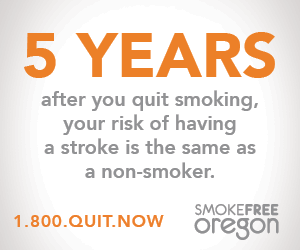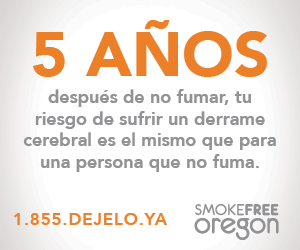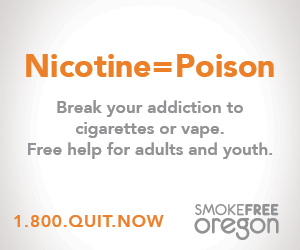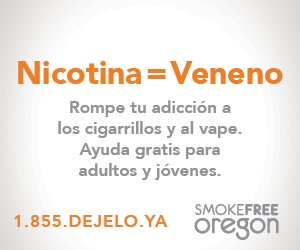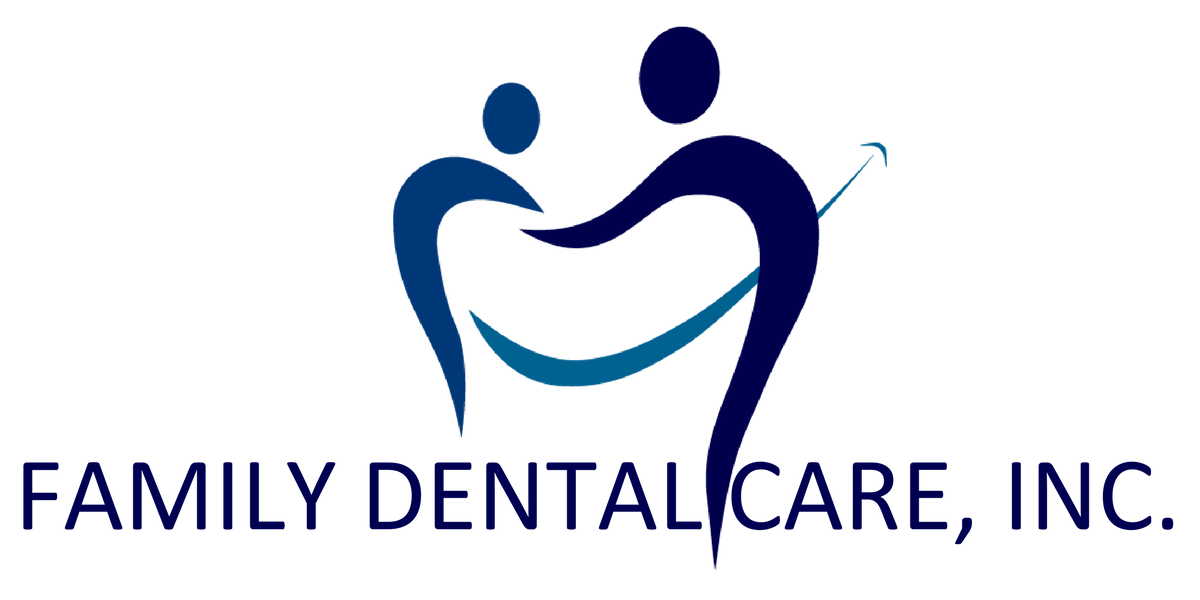Many new years begin with new goals and we greatly encourage you making resolutions to quit smoking.
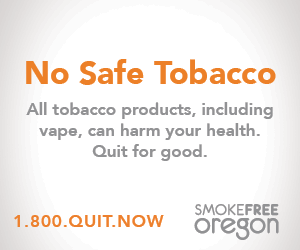
There are many risks that come with using tobacco; one includes cancer. Lung cancer isn’t the only type of cancer that smokers are likely to develop. The American Cancer Society indicates that 90 percent of those with cancer of the mouth, tongue, lips, and throat use tobacco products. Increased cancer risk is not only experienced with cigarettes. Pipes and cigars pose a risk for cancer, even if you do not inhale.
Other Risks
In addition to cancer, smoking leads to things like build-up of tartar and plaque, discoloration of the teeth, loss of bone in the jaw, increased risk of leukoplakia (white patches in the mouth), bad breath, and an increased risk of gum disease.
You Can Quit Tobacco—We Can Help
If you’d like to quit smoking, vaping or using any kind of tobacco, we are here to help! Your PCD can help you quit tobacco for good. Talk to your dentist today.
Most people who smoke know that smoking increases their risk for heart attack and cancer and shortens their life span. What you may not know is that smoking is an addiction that can be treated effectively with medication and counseling. Your body will thank you almost immediately. Within 12 hours of quitting smoking, the carbon monoxide levels in your blood will return to normal. A year later, your risk of heart disease is cut in half. After five years, your risk of a stroke is the same as someone who never smoked.
Switching to e-cigarettes, or vape, is not an effective way to quit smoking. Vape can keep nicotine addiction going, and we’re still learning about the health effects of vaping. Vaping isn’t just breathing water vapor; it’s breathing an aerosol filled with tiny chemical particles. Some of these chemicals are known to cause cancer. The best way to quit vape, cigarettes and all forms of tobacco is through counseling and tested, regulated medications like nicotine replacement therapy patches or gum.
Quitting Tobacco
Quitting tobacco use can reduce your risks for a host of oral health problems. In fact, 11 years after quitting, your risks of gum disease can be similar to those of a person who does not smoke.
If quitting cold turkey is not possible, try reducing the amount of tobacco you use to start. Your dentist can help you get started. With your OHP coverage you also have access to resources to help you. We encourage you to speak with your dental provider about quitting. It is a covered benefit and free.
Resources to get you started:
Call your Primary Care Dentist
Call 1-800-QUIT-NOW (1-800-784-8669)
